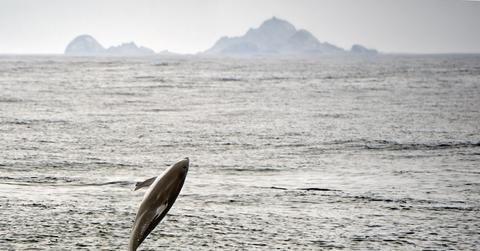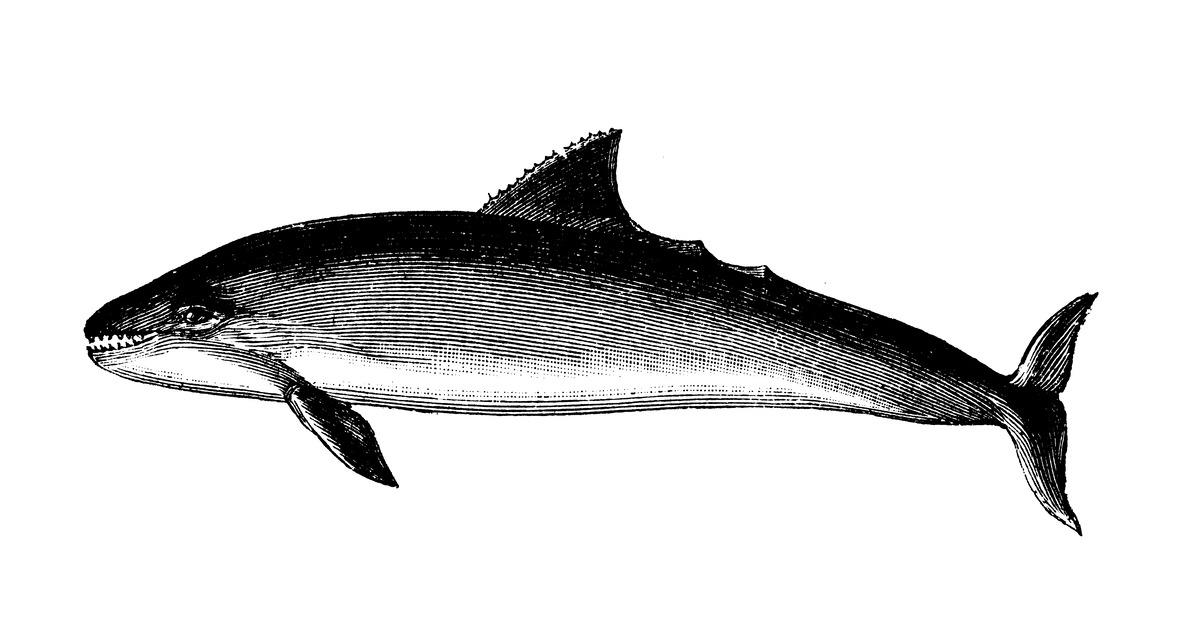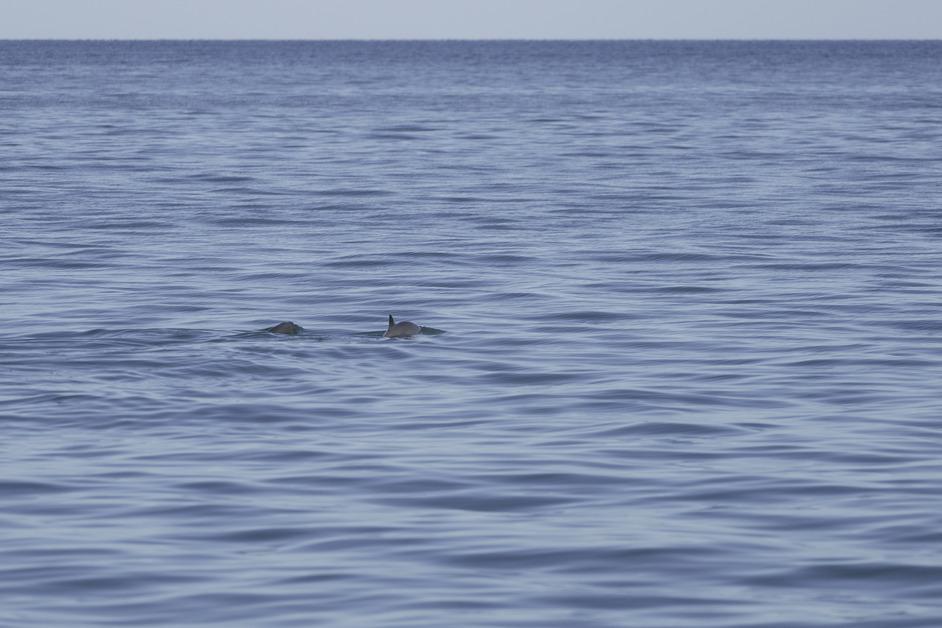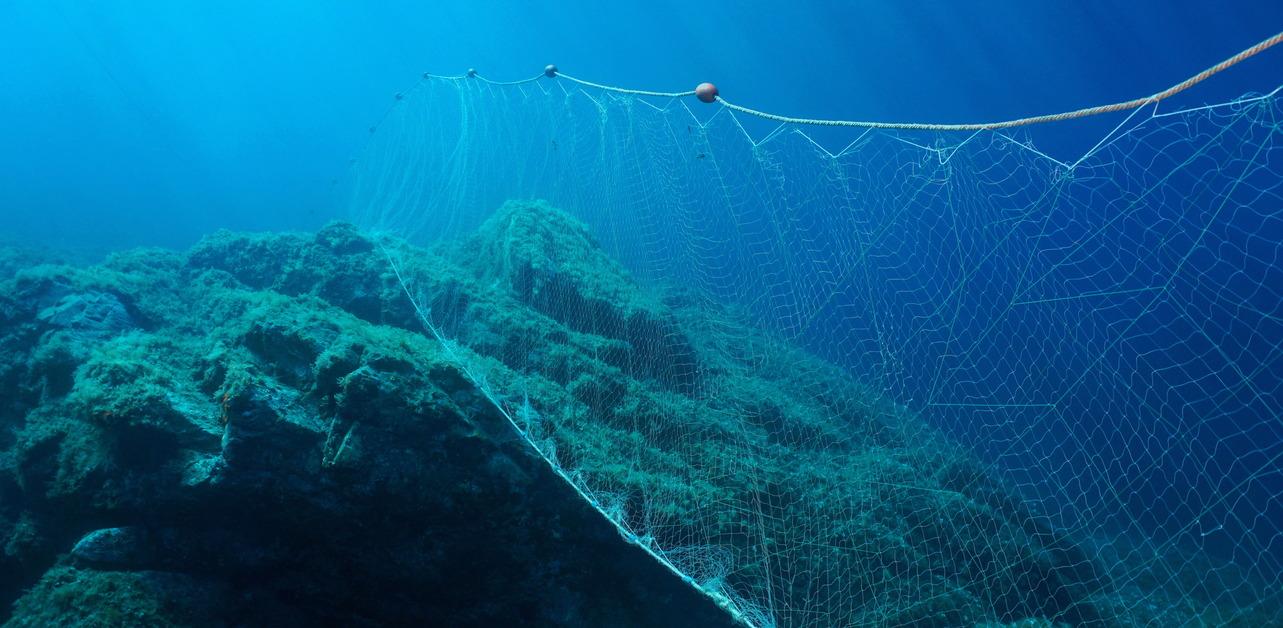With Less Than 20 Left in the Wild, the Vaquita Could Be Extinct Soon — Here's Why
Published April 4 2023, 12:35 p.m. ET

The vaquita is the most endangered marine mammal in the world, but most people haven't even heard of it. It resembles a dolphin, but much smaller, and wasn't even discovered until 1958 in its habitat of the Gulf of California.
However, like many species, human activity and climate change have made it harder and harder to survive. So let's take a look at why the vaquita is endangered, and what can be done about it.

What is a vaquita?
Native to the Gulf of California, the vaquita is a member of the porpoise family, and the most endangered cetacean, or marine mammal, in the world.
There are estimated to be less than 20 vaquitas in the wild today, according to the NOAA. The World Wildlife Fund's estimate is there are as few as ten.
The vaquita is characterized as shy and has the smallest range of all cetaceans, only inhabiting the northern waters in the Gulf of California. They are on the smaller side for a cetacean, only reaching around five feet in length and just over 100 pounds. Vaquitas have rounded heads with no beaks, and are gray with black patches around their eyes and lips, per the NOAA.

Why is the vaquita endangered?
Humans are to blame for the decline of the vaquita. They feed on fish and shrimp in gulf areas that are popular for commercial fishing, where they, unfortunately, become bycatch and are killed or injured in gillnets. In addition to this, the vaquita is also threatened by illegal fishermen hunting the totoaba fish, an endangered fish in Mexico and the U.S., and are similar in size to the vaquita, per the NOAA.
Most scientists believe that the use of gillnets, rectangular fishing nets attached to the seabed, cannot continue for the vaquita to survive. Gillnets catch fish that swim towards them by snagging, gilling, or entangling them in the netting. However, the nets tend to swallow anything in their path, and for a smaller marine mammal like the vaquita, the netting used to catch fish is almost impossible to escape from, per the Fishing and Agriculture Organization of the United Nations.

What's being done to save the vaquita?
In 2017, there was a gillnet ban in the Gulf of California announced by the Government of Mexico. But this doesn't stop illegal fishermen from using them, which is more of a problem than you may think, per CNN.
Shorting before the ban was passed the World Wildlife Fund released an analysis in an article titled Extension of Gillnet Ban Will Not Save Vaquita. In the article, they explained the lack of accountability for the illegal use of gillnets in the Gulf of California, and the absence of alternatives for the fisherman, both continue to enable illegal fish trading and thus the decline of the vaquita.
The World Wildlife Fund also pointed out that the vaquita lost half of its population between 2015 and 2016 alone, and therefore there need to be plans to restore and recover what's left of the population to keep it from extinction.